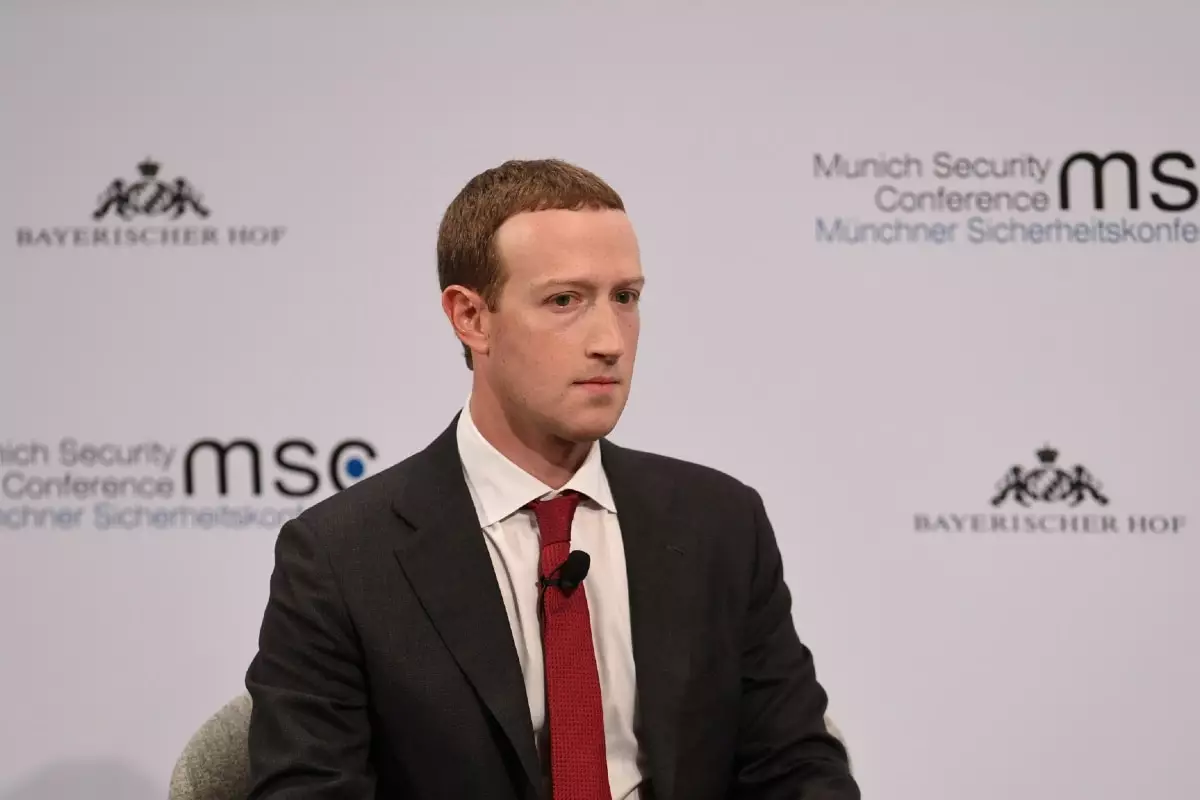Mark Zuckerberg, the CEO of Meta Platforms Inc., is currently facing a legal battle in which he is seeking to avoid being held personally liable in two dozen lawsuits. These lawsuits accuse Meta Platforms Inc. and other social media companies of addicting children to their products. Zuckerberg made his case at a hearing in a California federal court, where the judge has not yet made a decision on the matter.
One of the key aspects of this legal battle is the corporate law tradition of shielding executives, especially at larger companies, from personal liability. This tradition makes holding executives like Zuckerberg responsible a challenge, as decision-making at larger companies is often layered. A ruling in Zuckerberg’s favor would dismiss him as a personal defendant in the litigation, without impacting the allegations against Meta Platforms Inc.
The allegations against Zuckerberg include claims from young people and parents that he was aware of safety concerns regarding Instagram and Facebook’s impact on children, but chose to ignore these warnings and not publicize them. The plaintiffs argue that as the face of Meta Platforms Inc., Zuckerberg has a duty to speak truthfully about the risks posed by the company’s platforms to children’s health.
Zuckerberg, one of the world’s wealthiest individuals, has maintained that he cannot be held personally responsible for the actions of Meta Platforms Inc. solely due to his role as CEO. His legal team argues that there is ample legal precedent establishing that being an executive does not automatically confer liability for the alleged conduct of a corporation. They assert that Zuckerberg did not have a duty to disclose safety findings that were reportedly brought to his attention.
During the hearing, US District Judge Yvonne Gonzalez Rogers challenged the plaintiffs on whether Zuckerberg had a legal obligation to disclose safety information to users of his products. While the plaintiffs argued that Zuckerberg’s outsized role in the company should have compelled him to disclose this information, the judge pressed them to cite specific laws to support their argument. Rogers also considered whether Zuckerberg could be held personally liable for concealing information as a corporate officer at Meta Platforms Inc.
Pinning blame on an executive for unlawful conduct typically requires demonstrating their involvement in relevant decision-making or their awareness of the practices at issue. This can be easier to establish in smaller companies where decision-making is more transparent. However, at large companies like Meta, executive liability depends on proving control over decision-making processes.
Social media companies, including Meta Platforms Inc., have faced increased scrutiny for their impact on young people’s mental health and their role in disseminating harmful content. This scrutiny has prompted calls for executives like Zuckerberg to take personal responsibility for the consequences of their platforms. At a recent Senate hearing, Zuckerberg was pressed on whether he should personally compensate victims of online exploitation, leading to a rare apology from the social media mogul.
Mark Zuckerberg’s legal battle to avoid personal liability in lawsuits alleging harm to children through social media platforms highlights the complexities of holding executives accountable in the digital age. The outcome of this case could have far-reaching implications for corporate executives facing similar claims.


Leave a Reply